
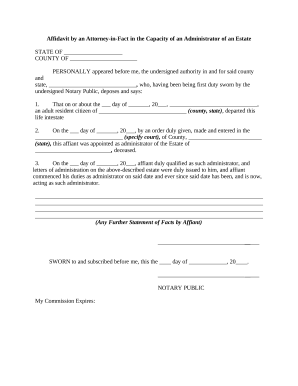

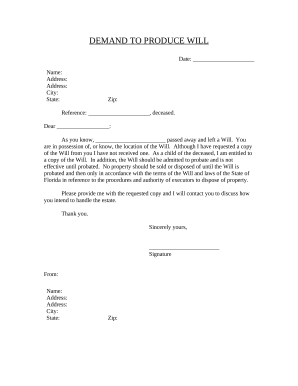
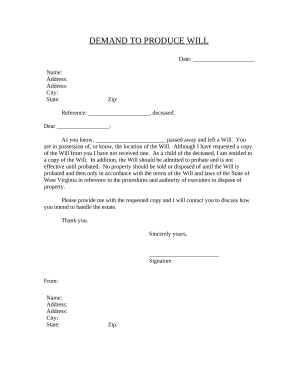

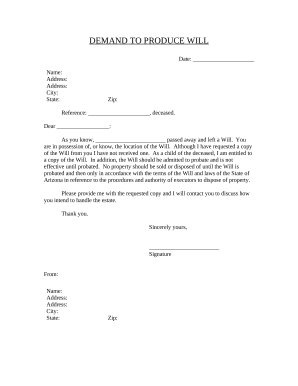



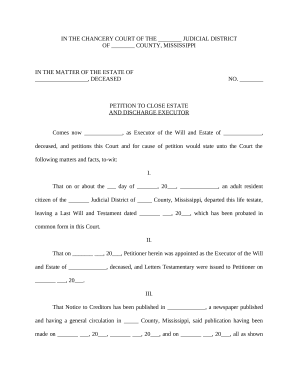
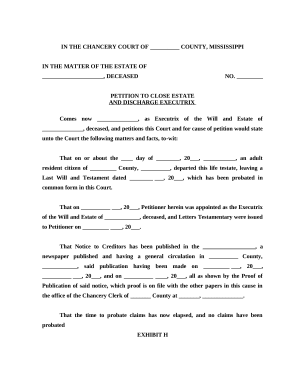

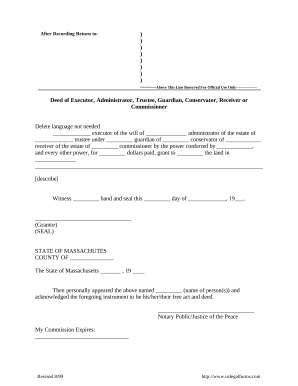
Your workflows always benefit when you can easily locate all the forms and documents you require at your fingertips. DocHub gives a vast array of document templates to relieve your daily pains. Get hold of Executor Responsibilities category and quickly find your form.
Start working with Executor Responsibilities in a few clicks:
Enjoy seamless record managing with DocHub. Explore our Executor Responsibilities online library and find your form right now!